If you were dropped off anywhere in redfish range, carrying a selection of the 10 fly patterns listed below, you could catch redfish if you could locate them. These are my ten favorite redfish flies.
“Imitator” Flies
These roughly resemble stuff fish actually eat.
1. The Clouser Deep Minnow. Since redfish often prefer to feed down on the bottom it’s an excellent fly for them. You’ll need a variety of different colors. If you think in terms of light, dark, neutral, and contrasting colors you’ll be fine.
You need a variety of sizes and weights. At the small end a size 4 (I’m thinking about going to #6 this winter) with bead chain or micro lead eyes is good. At the large end a size 1/0 with 1/36th ounce lead eyes will sink like an anvil for those rare occasions when you need a fairly large, fast sinking fly.
Some of your flies must have weedguards. My own preference these days is for a double mono prong.
2. Bendbacks. When the water is only a few inches deep, and the fish are behaving like a zebra around a pride of hungry lions, you need something that hits the water delicately. Enter the bendback.
A variety of sizes and colors is needed. I carry bendbacks as small as number 4 and as large as 3/0 (we get big reds where I fish). These are excellent patterns to wing with synthetics.
Do not to bend the hook shank too much, a common error when making these flies. The shank should only be bent five degrees or so.
3. “Minnow” patterns from natural or synthetic fibers. The best known natural fiber minnow is Lefty’s Deceiver, although Joe Brooks’s Blonde series works as well. But synthetics are really the material of choice for these flies.
Examples of this type of fly include those shown above. Carry them in sizes from tiny to huge.
4. Crabs. Redfish love crabs, and they eat all kinds- swimming crabs, mud crabs, fiddler crabs, horseshoe crabs, and more. You need a few faux crabs in your fly box.
My own favorite redfish crab pattern is the Merkin in size four. As a rule redfish crabs don’t need to be terribly realistic, only suggestive, and most should sink like they mean it.
5. Shrimp Flies. Shrimp flies are something like crab flies in that there are lots of patterns. I use two. One was developed by Homer Rhodes in the 1930’s and was called the Homer Rhodes Shrimp Fly. Most folks nowadays call it a Seaducer. The other is a Slider, my take on Tim Borski’s well-known pattern.
6. The Bunny Leech. Although this simple tie looks like nothing in particular, it has dynamite action when in the water and suggests a wide variety of redfish foods. I usually tie these in only sizes 2, always with 1/50th ounce lead eyes. My favorite colors is black.
7. Woolhead Mullet. These are time consuming to make and difficult to cast. Why carry them? When the fish are keying on mullet nothing else will do.
You can tie these in any size you like, as mullet do get large. When this fly gets large, though, casting it becomes nightmarish. I carry these in sizes 2 and 1, in gray and in white.
“Attractor” Flies
Sometimes the water is deep. Sometimes it’s dirty. Sometimes there are clouds, or wind. And sometimes you have a combination of these factors, factors that prevent you from sight fishing. So you need some flies that call the fish to them by one means or another. We call these attractor patterns.
8. Rattle Rouser. These are bucktail streamers tied hook point up on a long shank hook. They can be unweighted or tied with lead eyes, as you prefer. It’s a good idea to carry some both ways. Tied underneath the hook is an epoxy coated, braided Mylar tube, inside of which a plastic or glass worm rattle is inserted.
As you strip the fly the rattle makes an audible clicking sound, which attracts the attention of the fish. When you need it there is no substitute.
9. Dupre Spoonfly. These look like miniature Johnson Minnows, and work much the same way. A curved Mylar sheet coated with epoxy, Dupre’s invention casts easily, hits the water lightly, tends to not twist your line, and is extremely effective. I’m not sure if the fish find it by vibration, flash, or both, but they certainly do find it.
10. Gurglers. Surface flies are usually not the best choice for redfish. However, as an attractor pattern when sight fishing conditions are poor they can be outstanding. The strikes are so exciting that a few less seems like a small price to pay.
These ten flies will produce redfish for you no matter where you may find yourself, no matter what the conditions may be. As an added incentive to carrying these flies, they will also work on a variety of other fish, including snook, tarpon, seatrout and weakfish, striped bass, bluefish, and more. Whether you tie your own or purchase them ready to use, these flies will put fish on your line anywhere, anytime. Try them and see.
Life is short- go fishing!
John Kumiski
http://www.spottedtail.com/
All content in this blog, including writing and photos, copyright John Kumiski 2011. All rights are reserved.
|
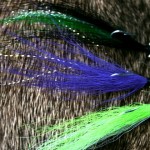
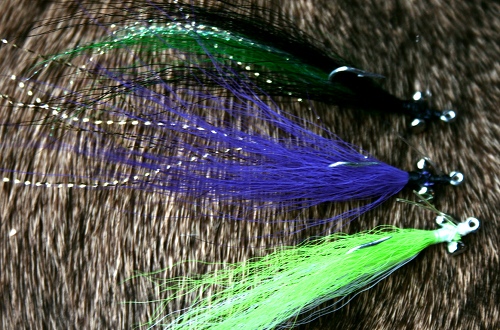
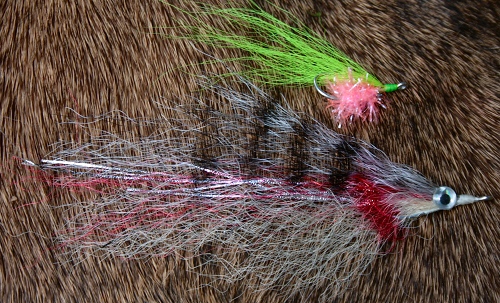
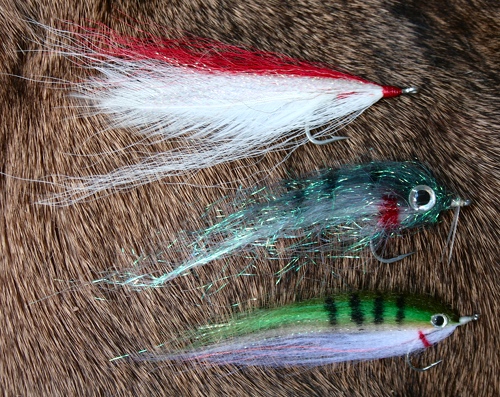
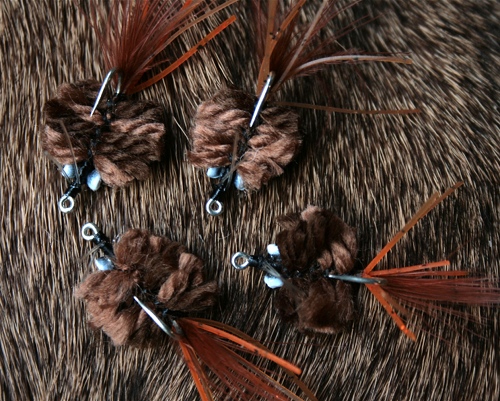
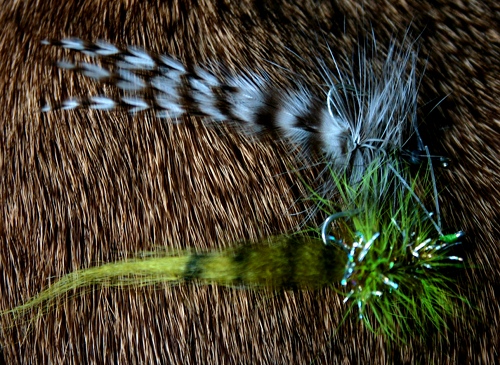
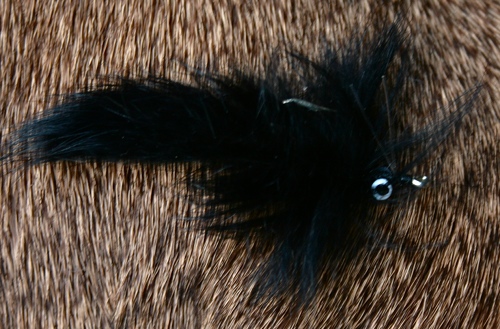
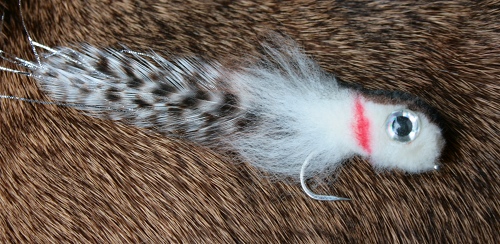
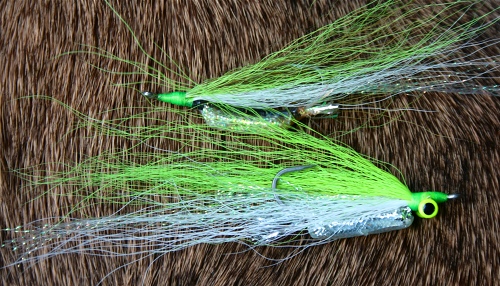
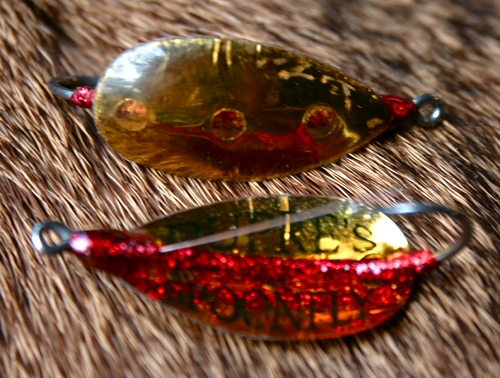
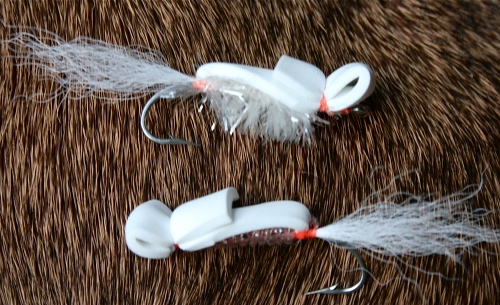
Recent Comments